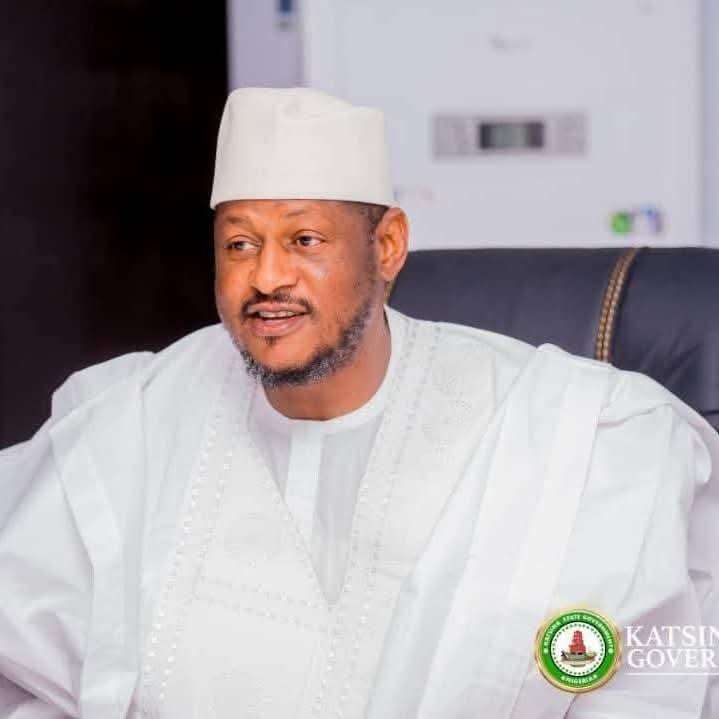Can Katsina’s plea be heard from the centre of power?

By Fauziyya Lawal, Katsina
Katsina stands still not in silence, but in hope. As the President of the Federal Republic of Nigeria arrives on a two day working visit, the question that reverberates from village courtyards to government chambers is simple, yet profound: Can Katsina’s plea be heard from the centre of power?
This is no ordinary visit. The Commander in Chief’s presence in Katsina is both symbolic and strategic. It marks the President’s first official tour to state since assuming office and it comes at a time when Katsina burdened by past insecurity and yearning for accelerated development, seeks not just recognition but response.
The streets have been swept, security tightened, and projects lined up for commissioning. Governor Dikko Umar Radda, at the midpoint of his first tenure, stands ready to showcase efforts that reflect a government working against the odds. From infrastructural revamps to social intervention schemes, Radda’s administration has built not just structures, but trust.
Yet, beneath the optimism lies an unspoken urgency. In some local government areas, families still carry the trauma of banditry, lost loved ones, razed homes, vanished cattles. While significant strides have been made in restoring peace and rebuilding communities, the road to full recovery remains long and winding. And the people know that some answers lie beyond state capacity.
This is why the President’s visit matters, not for the cameras or the ceremonies, but for the potential of real conversations and decisive action. From Katsina’s leadership to its grassroots, there is a shared hope that this visit will not end with speeches and ribbon cutting alone. There are urgent appeals to bolster security infrastructure, support displaced persons, enhance agricultural support, and deepen federal partnerships for sustainable growth.
The mood in Katsina is one of cautious optimism. Yes, the welcome is warm. Yes, the achievements are real. But the question persists: Will Abuja listen? Will this northern state, rich in culture and resilience but wounded by insecurity, finally receive the attention and investment it desperately needs?
As the President tours the state, hears its stories, and witnesses its resilience, the people wait not passively, but expectantly. Because this visit is more than a checkpoint on a presidential calendar. It is a crossroads moment for empathy, for policy, for change.
And perhaps, just perhaps, if the echoes of Katsina’s plea reach the heart of the nation’s leadership, this visit may be remembered not just as historic but as transformative.

